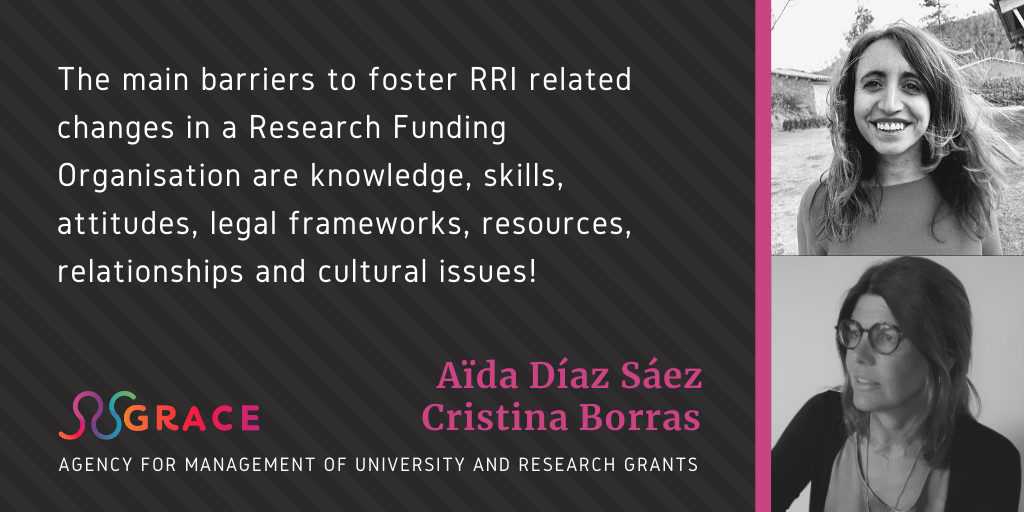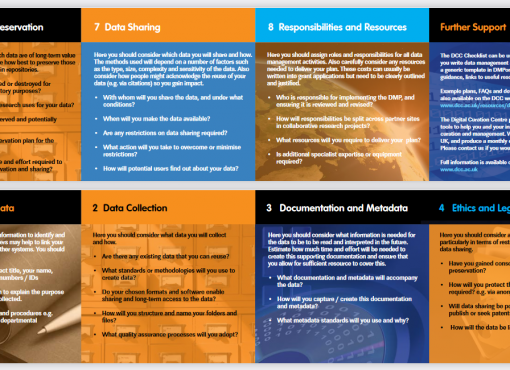
From a general viewpoint, what are the main barriers to foster RRI related institutional change?
Research funding organisations are key players to promote Responsible Research and Innovation (RRI) through their policy agendas and funding programmes. Developing a holistic approach towards RRI, both addressing institutional change within AGAUR and embedding RRI in its funding programmes, is an exciting challenge which may present some difficulties:
- Knowledge: A lack of a clear RRI definition makes it a difficult concept to communicate. RRI is perceived as being vague and unclear and many questions arise on how to implement it. A shortage or absence of RRI knowledge and skills is also an obstacle to implementing RRI in an easy and straightforward manner.
- Attitudes can be difficult to modify, encompassing issues such as resistance to change or risk aversion. There is also a tension between the desire to require/incentivise RRI and the risk of generating further bureaucracy, an outcome that is seen as a potential undesirable side effect.
- Resources, in terms of time, money, people and infrastructure may be a constraint in the scope of institutional changes.
- Legal frameworks and administrative proceedings are not always easily adapted. Embedding RRI in Institutional framework decisions, requirements and processes have significant impacts.
- Public engagement/Relationships: it is difficult to reach representative public and mobilize stakeholders. There is still a lack of collaborative culture and participatory approaches among sectors and policymakers.
- Cultural: RRI is not recognized in researchers’ or institutions’ assessments. Instead, research evaluation and scientific careers are based on productivity (eg. publications) rather than social relevance. RRI is still seen to take attention and time away from the pursuit of excellence.
Most of these shifting barriers can be overcome by building capacity and a culture for change (through training and resources) and by considering RRI as a creative and adaptive learning process.
Aïda Díaz Sáez & Cristina Borras
Agència de Gestió d’Ajuts Universitaris i de Recerca (AGAUR)

